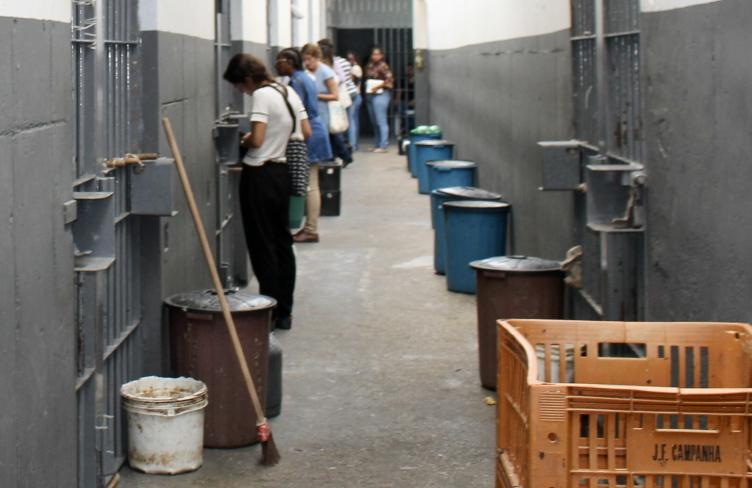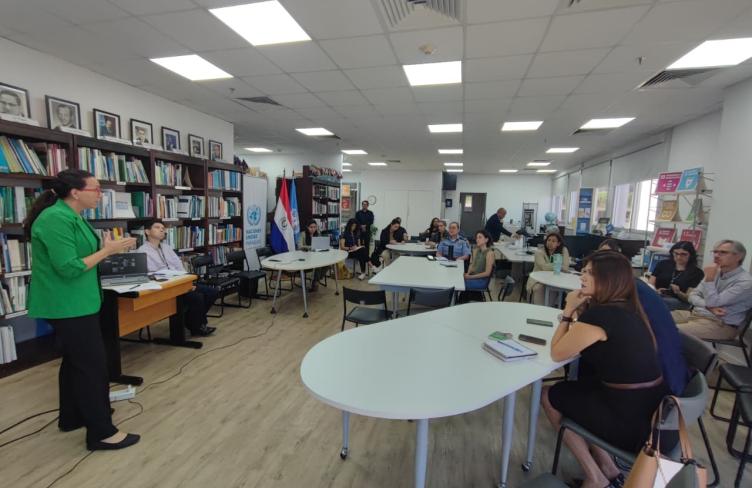
In 2012, the Hollywood production “Zero Dark Thirty” generated strong reactions. The film suggested unapologetically that torture methods, such as waterboarding, were crucial in obtaining the information that led the CIA to al-Qaida leader Osama bin Laden.
In reality we know that this is not what happened. The use of torture did not lead to any critical information and the result was instead deep suffering and further instability in the world. But regardless of its relevance in real life, the "ticking-bomb" scenario is a Hollywood favourite.
This year, a Tamil movie called “Visaranai” or “Interrogation” delves again into the dark plot of torture. Visaranai is India’s official entry for the Oscars and a recipient of the Amnesty International Italia Award during the 72nd Venice Film Festival.
The film follows a nail-biting drama of four poor laborers, tortured in police lock-up for a crime they did not commit. In contrast to Zero Dark Thirty, Visaranai does not attempt to justify the use of torture. Instead, the film reveals the raw and chilling effect it has, within a corrupted system.
Veetramaran, director of Visaranai, believes that films have a role in nurturing social consciousness. In a recent interview he explained: “Our idea is not to preach. But, we strongly believe that film can influence the society for good or bad. It definitely has an effect on people, and it depends on how the director handles the medium.”
Tamil movies are known for their socially-driven plots. Visaranai is not the first, nor is it the last Tamil film that will shed light on the evil of corruption and impunity in India. But what sets Vetramaaran’s new film apart is the powerful and disturbing depiction of how torture dehumanizes its victims. The graphic scene of two policemen in crisp uniforms beating four unfortunate men with thick long wooden sticks is just the beginning of a grim journey with no holds barred.
Torture and ill-treatment continues to be widespread in India. According to the New Delhi-based Asian Centre for Human Rights), more than 1500 people died in police custody between 2001 and 2011. Another 12700 died in judicial custody across the country. The recently published study by Richard Carver and Lisa Handley, “Does Torture Prevention Work?”, shows how unskilled police in India resort to torture in order to obtain confessions: “even after police have been trained in human rights, they often continue to believe that it is justified to torture ‘terrorists’ and ‘hardened criminals in the context of an inefficient criminal justice system.” The research also illustrates how the lack of transparency and absence of independent monitoring contribute to the continuation of torture in India.
India has yet to demonstrate a commitment to preventing and prohibiting torture by ratifying the UN Convention against Torture. The Prevention and Punishment of Torture Bill, a proposed law to criminalize torture, is pending adoption since 2008.
As Visaranai portrays, good intentions are not enough when those in power continue to cultivate culture of impunity. Visaranai is a much needed counter-balance to the influx of Hollywood blockbusters glorifying violence and torture. The disturbing scenes in the movie only reiterate the horror and absurdity of torture and sends a universal message that torture has no place in our society.
As director Vetramaaran puts it: "A film should enrich me as well as the audience. It should allow me to grow as a person".


